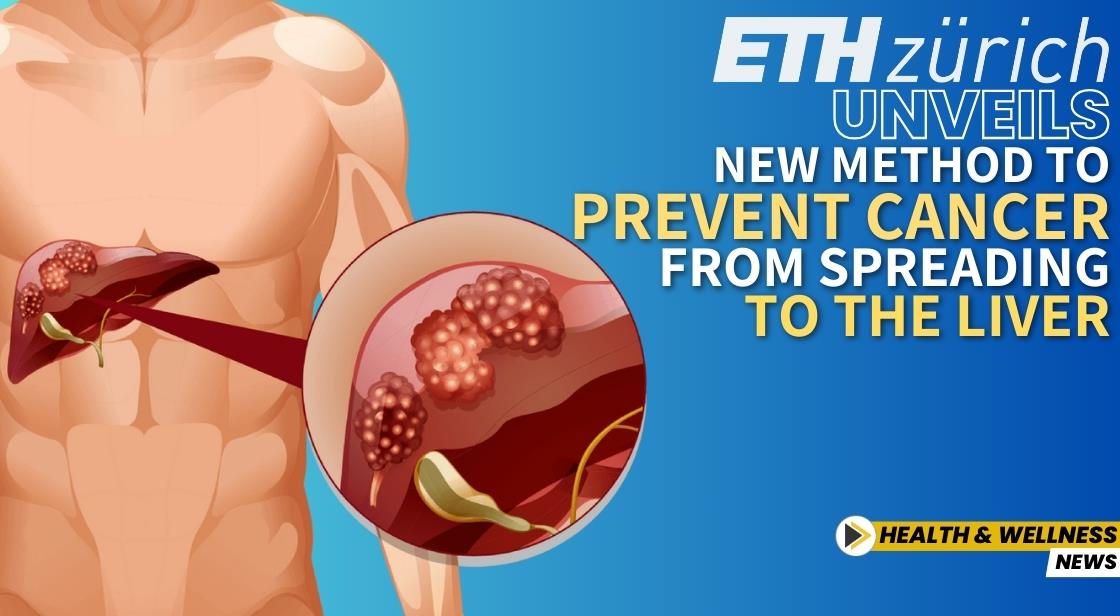ETH Zurich Unveils New Method to Prevent Cancer from Spreading to the Liver

News Synopsis
Researchers at ETH Zurich have made a groundbreaking discovery that could revolutionize the treatment of cancer metastasis, specifically targeting the spread of colorectal cancer to the liver. By identifying key molecular mechanisms involved in this process, they have opened new avenues for potential therapeutic interventions.
Breakthrough in Cancer Research: Preventing Liver Metastasis
Understanding the Metastasis Process
Metastasis, the spread of cancer cells from the primary tumor to other parts of the body, is the primary cause of cancer-related deaths. Despite advancements in treating primary tumors, the medical community has struggled to effectively combat metastasis.
The research team at ETH Zurich focused on the interaction between liver cells and colorectal cancer cells. They discovered that a protein called Plexin-B2 on liver cells plays a crucial role in facilitating the attachment and colonization of cancer cells. Colorectal cancer cells equipped with semaphorin proteins are particularly adept at exploiting this interaction.
The Mechanism of Metastasis
Once cancer cells bind to liver cells through the Plexin-B2 and semaphorin interaction, they undergo significant changes. They transform their structure, resembling the folds found in intestines, allowing them to adapt to the liver environment. This process, known as epithelialization, is essential for establishing new tumors.
Implications for Cancer Treatment
The findings of this research extend beyond colorectal cancer. The same mechanism has been observed in melanoma and pancreatic cancer, highlighting the potential for a broader impact.
By targeting the interaction between Plexin-B2 and semaphorin, researchers believe it may be possible to prevent cancer cells from establishing new tumors in the liver. This approach focuses on an early stage of metastasis when cancer cells are most vulnerable.
While significant challenges remain, the discovery offers new hope for developing effective treatments to combat cancer metastasis.
Inhibiting Critical Protein Interactions
Efforts to develop inhibitors that block the interaction between Plexin-B2 and semaphorins are underway. Success in this area could lead to groundbreaking treatments that prevent cancer cells from colonizing new sites in the body, significantly improving patient outcomes.
As research progresses, the hope is that these findings will translate into new, effective treatments that can be used to combat cancer metastasis and reduce the high mortality associated with metastatic cancer.
Conclusion
The discovery of the molecular mechanisms underlying liver metastasis represents a significant leap forward in cancer research. By understanding how colorectal cancer cells colonize the liver, scientists have identified a potential Achilles' heel in the metastatic process.
While challenges remain, this research offers a promising avenue for developing targeted therapies to prevent the deadly spread of cancer. It is a testament to the power of scientific inquiry and the potential to improve human health through groundbreaking discoveries.
You May Like









